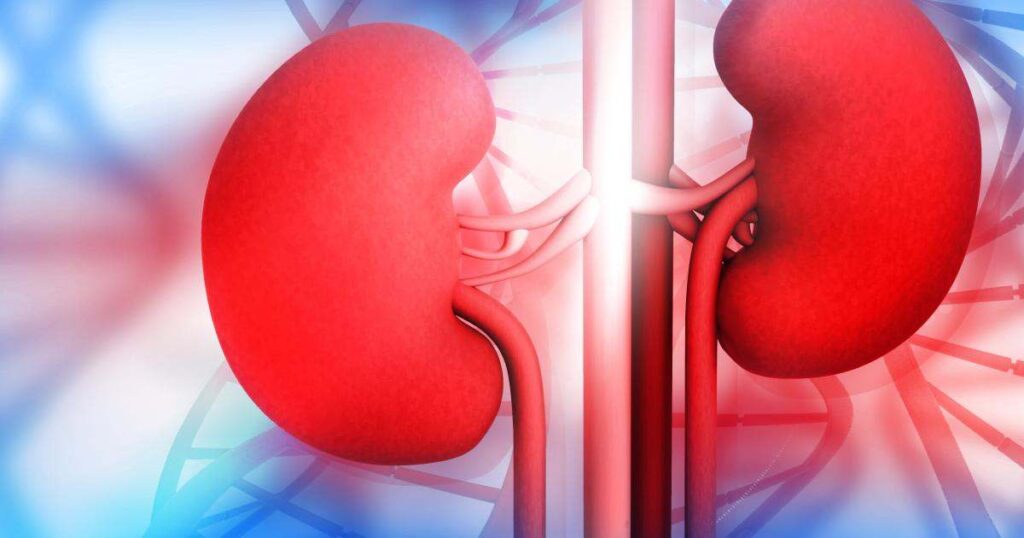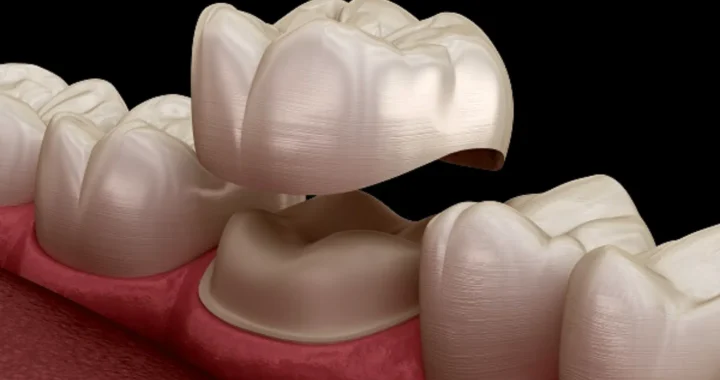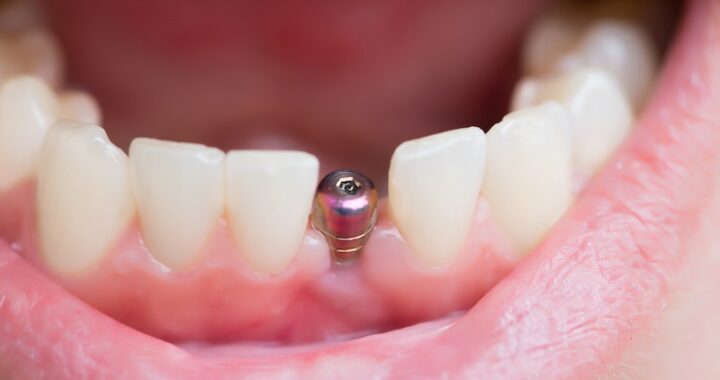Nephrology: What Conditions and Diseases Can Affect Your Kidney?

What do your kidneys do? The kidney has one important job of helping in toxin elimination. When they begin to work incorrectly, waste may cause sickness. So, what next if you are a victim of such a kidney issue?
Devaraj Munikrishnappa, M.D. specializes in nephrology which deals with your kidneys. Your doctor aims to restore kidney function, depending on whatever affects your kidney. Here is a discussion of common conditions that may affect your kidney health.
Chronic Kidney Disease
Your kidneys are responsible for the filtration of excess fluids and waste from your blood, excreted during urination. You develop chronic kidney disease when you gradually lose kidney function. Chronic kidney disease may lead to dangerous levels of wastes and electrolytes in your body in its advanced stages.
You may not realize you have kidney disease until its advanced stage. Your signs and symptoms may include frequent or less urination, muscle cramps, fatigue, swelling of feet and ankles, and nausea and vomiting. Your symptoms may resemble other conditions, and be specific only when you have developed irreversible damage.
Kidney Failure
You have kidney failure when one or both of your kidneys can no longer function properly on their own. The condition may be temporary but may slowly become chronic. Without treatment, kidney failure is a fatal condition.
Kidney failure may affect anyone of all ages. However, you may have a high risk if you have diabetes, hypertension, a family history of kidney disease, and abnormal kidney structure. Warning signs include fatigue, confusion, edema, frequent urination, and dry and itchy skin.
Kidney Infection
Kidney infection may start from your urethra and travel to one or both kidneys. Usually, you require immediate medical attention for a kidney infection. Without treatment, the infection may severely damage your kidneys.
Symptoms of a kidney infection may include a burning sensation when urinating, frequent urination, groin pain, cloudy urine, and blood in the urine. A severe kidney infection may cause blood poisoning and damage to body tissues. See your doctor if you are on treatment for UTI, but your symptoms do not improve.
Kidney Stones
Kidney stones develop as hard deposits containing minerals and salts and form inside your kidneys. Often, kidney stones develop when your urine concentrates, allowing for crystallization and sticking together of minerals. Otherwise, you can develop kidney stones anywhere on your urinary tract.
Your treatment involves passing the stones, which may be quite painful. You may not experience permanent damage if your doctor catches them on time. Symptoms may include pain radiating to your lower abdomen, severe and sharp pain in the side and back, and a burning sensation when urinating.
Proteinuria
You have proteinuria when there are high levels of protein in your urine. Usually, such levels may indicate kidney damage. Proteinuria increases your risk for cardiovascular diseases and may cause death.
Occasionally, proteinuria indicates the early stages of chronic kidney disease. In many cases, kidney stones, dehydration, and other temporary medical conditions can cause proteinuria. Symptoms may manifest in advanced stages, including edema, more frequent urination, shortness of breath, and bubbly urine.
You have two kidneys, all responsible for filtering excess fluids and waste from your body. However, you may develop a complication in one or both kidneys when your kidneys improperly function. When your kidneys fail, that is where your nephrologist comes in.
Several conditions affecting the kidney present uncomfortable symptoms. Left untreated, they advance and may cause complications leading to death. Talk to your doctor when you notice uncomfortable signs indicating kidney conditions.


 Innovations in Health Screenings: Exploring the Latest Technologies in Clinic Services
Innovations in Health Screenings: Exploring the Latest Technologies in Clinic Services  Dental Crowns –Restoring Strength, Function, And Aesthetics.
Dental Crowns –Restoring Strength, Function, And Aesthetics.  One-Person Wonder: Making Waves in the Massage Industry in Gunma
One-Person Wonder: Making Waves in the Massage Industry in Gunma  How Cataract Surgery in Nashville Improves Vision and Quality of Life
How Cataract Surgery in Nashville Improves Vision and Quality of Life  Maintaining Oral Health: The Role of Dentists in Richmond
Maintaining Oral Health: The Role of Dentists in Richmond  How to Choose the Best Implant Dentist in Sheffield: A Guide
How to Choose the Best Implant Dentist in Sheffield: A Guide